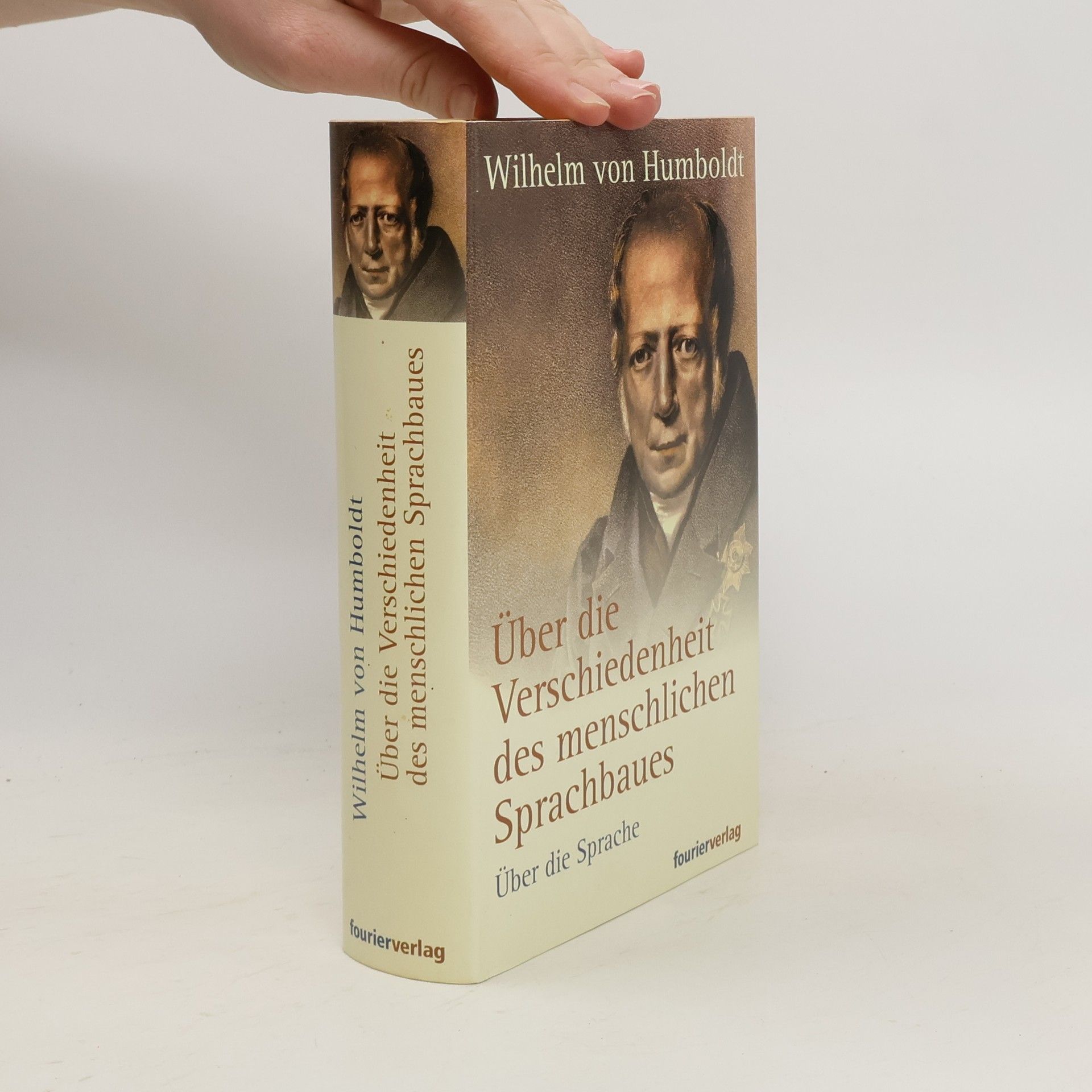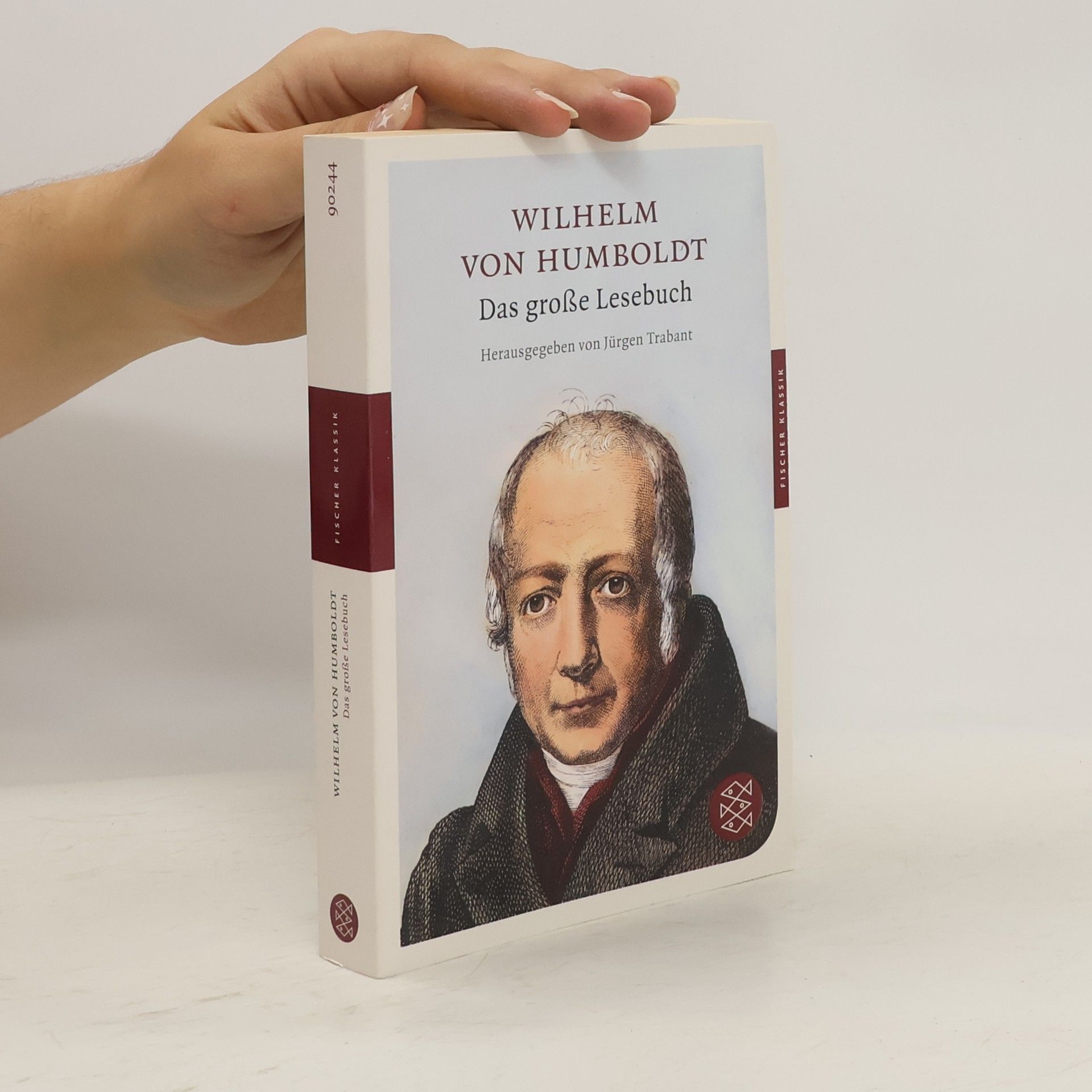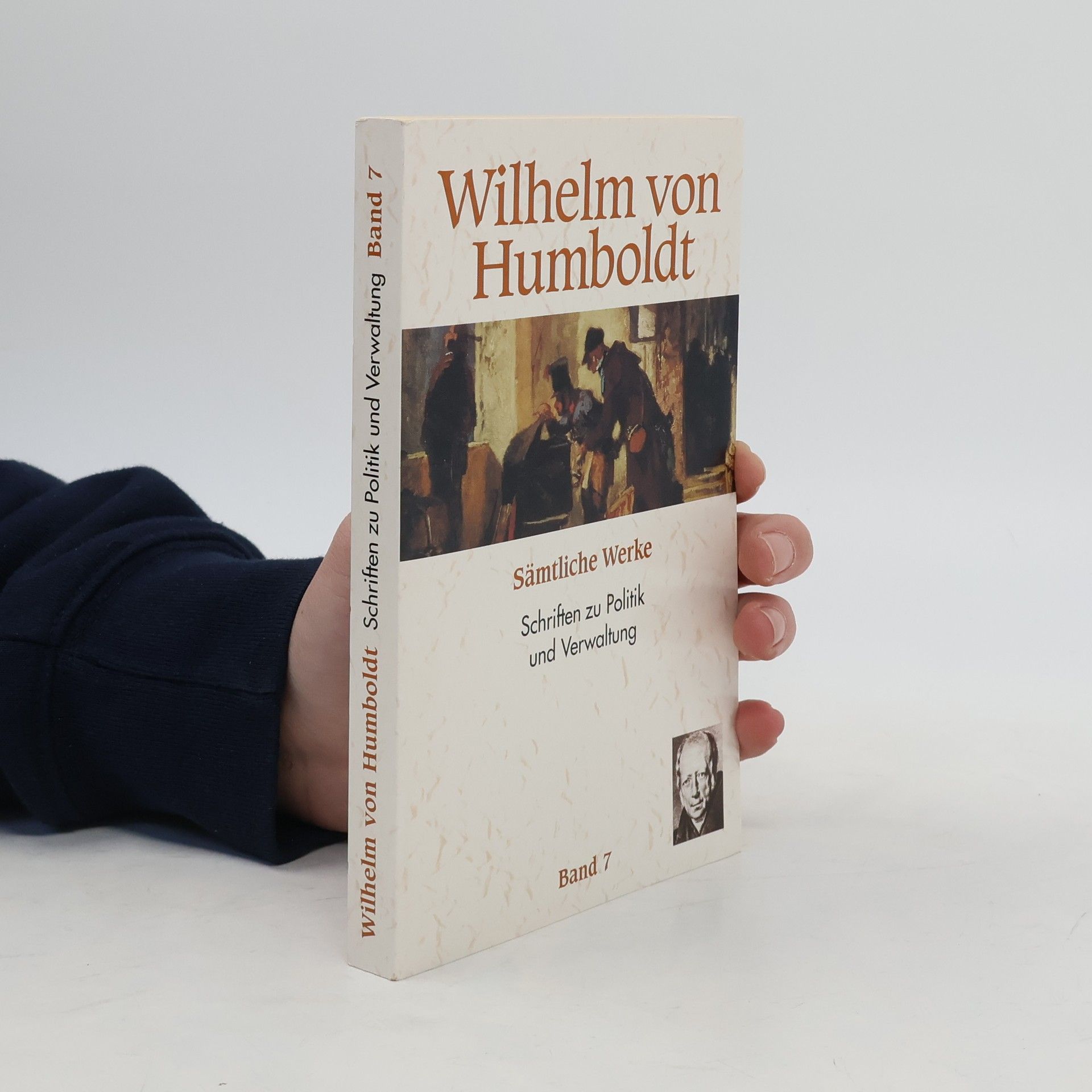Grenzen des Staates
Ideen zu einem Versuch, die Grenzen der Wirksamkeit des Staats zu bestimmen
- 160 pages
- 6 hours of reading
Der Autor untersucht die unterschiedlichen Staatsverfassungen und vergleicht sie mit den Ansichten namhafter Philosophen und Politiker. Dabei wird die zentrale Frage aufgeworfen, welches Ziel die staatlichen Strukturen verfolgen und welche Grenzen ihrer Wirksamkeit gesetzt sind. Diese tiefgehende Analyse regt zur Reflexion über die grundlegenden Funktionen und Ziele von Staaten an und beleuchtet die oft unzureichende Behandlung dieser Thematik in der politischen Theorie.








